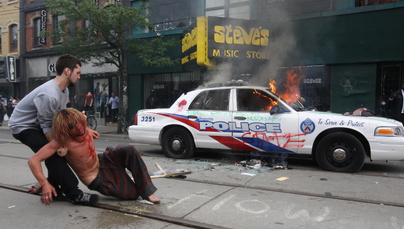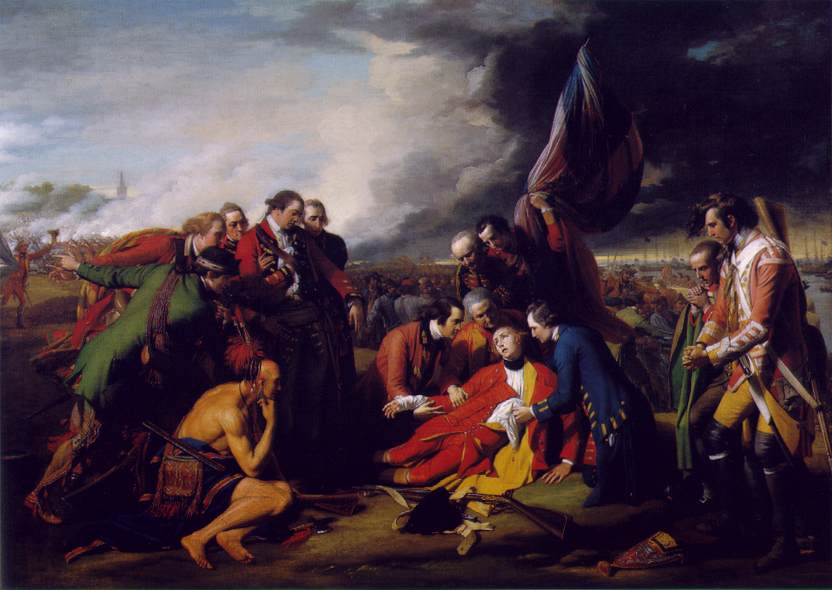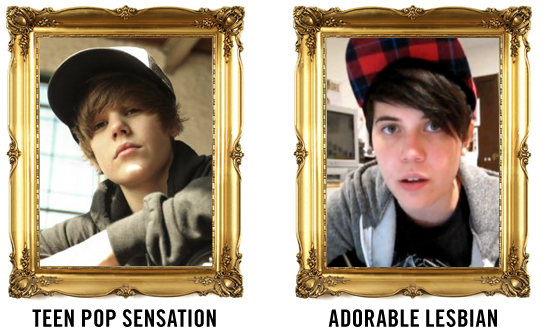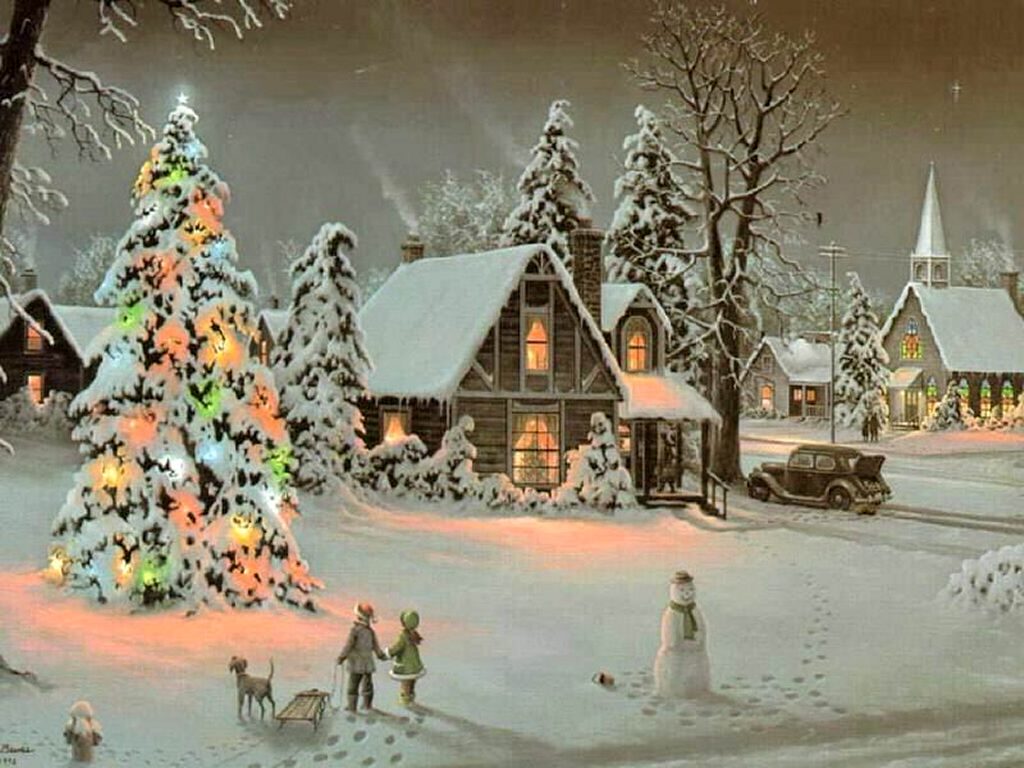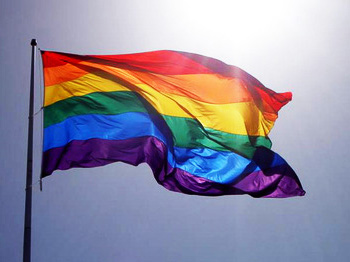Vote to Give Northrop Frye a Permanent Presence in Our Downtown!
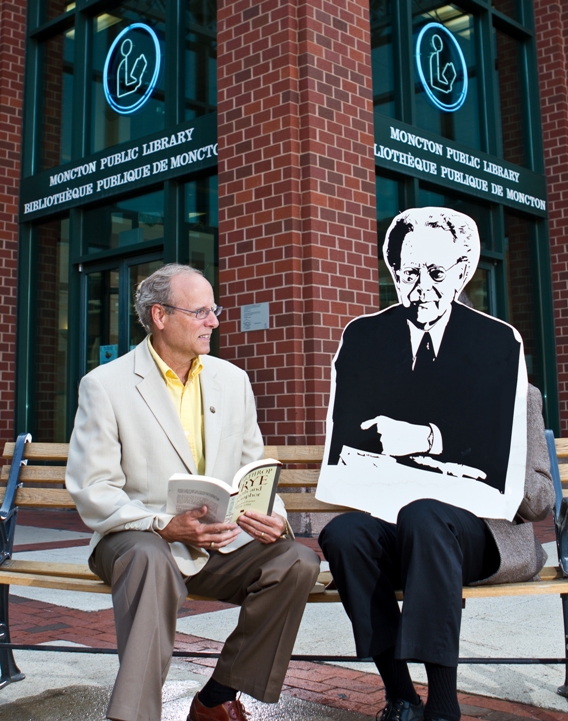
Mayor George LeBlanc chats with Northrop Frye at the site of the future public art display.
The Frye Festival needs your help to win $25,000 to create a bronze life-sized sculpture of Northrop Frye sitting on a park bench reading a book outside the Moncton Public Library. As part of a national competition presented by Pepsi Canada, the Festival has submitted a proposal to win the funds to create an enduring reminder of our community’s most famous son.
Vote to Refresh Moncton! Beginning on Thursday, July 1st and running until Tuesday, August 31, 2010, everyone is invited to visit the website www.refresheverything.ca daily and vote for “Feed your imagination” in the Arts and Culture section. The winner will be chosen exclusively on the number of votes it receives, so vote daily and get your friends and family to do the same!
Public art plays a vital role in creating a liveable and beautiful city and enhances the quality of life of all its citizens. That is why Mayor George LeBlanc is all over this project: “The City of Moncton believes whole-heartedly in the value and importance of public art. A sculpture like this one would celebrate our most famous son’s legacy while helping to create a more visually rich downtown core.”
The Frye Festival, Canada’s only bilingual international literary festival, exists to “feed the imaginations” of all members of our community. While public art is not usually something that the Festival is involved in, Chair Dawn Arnold is excited about the project. “We have often thought about how nice it would be to give Northrop Frye an enduring presence somewhere in our city, and what could be more perfect than outside the Moncton Public Library? When Northrop Frye lived in Moncton from 1919 to 1929, books were scarce. For me, paying tribute to this great thinker and giving him a place of honour in our community also raises awareness of the importance of literacy in our society today. What a great opportunity for all of us to be involved and engaged in creating a more beautiful downtown and celebrating imaginations. Vote every day — every vote counts!”
People from across Canada will be participating in the voting process and competition will be tight. By registering and logging on to the web site, each person can vote for “Feed your imagination” daily. The contest is being presented by Pepsi Canada, who will distribute $1,000,000 over one year.
If the Festival is successful in winning the money, they will mount a national competition to find a sculptor to create the art. The goal will be to have Margaret Atwood, Canada’s most famous living writer and a former student of Northrop Frye’s, unveil the sculpture during the 2011 Frye Festival (April 25-May 1, 2011).
For more information, please contact:
Danielle LeBlanc
Executive Director, Frye Festival
506-859-4389
danielle@frye.ca
www.frye.ca
Another photo after the jump.
Continue reading →
